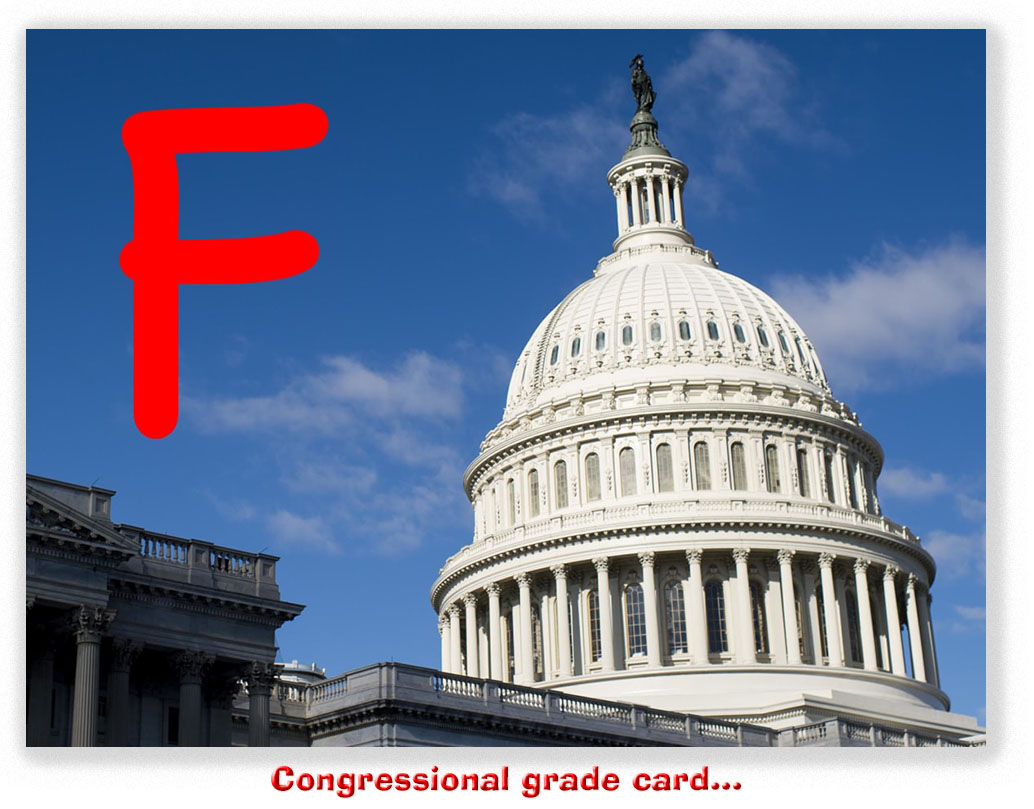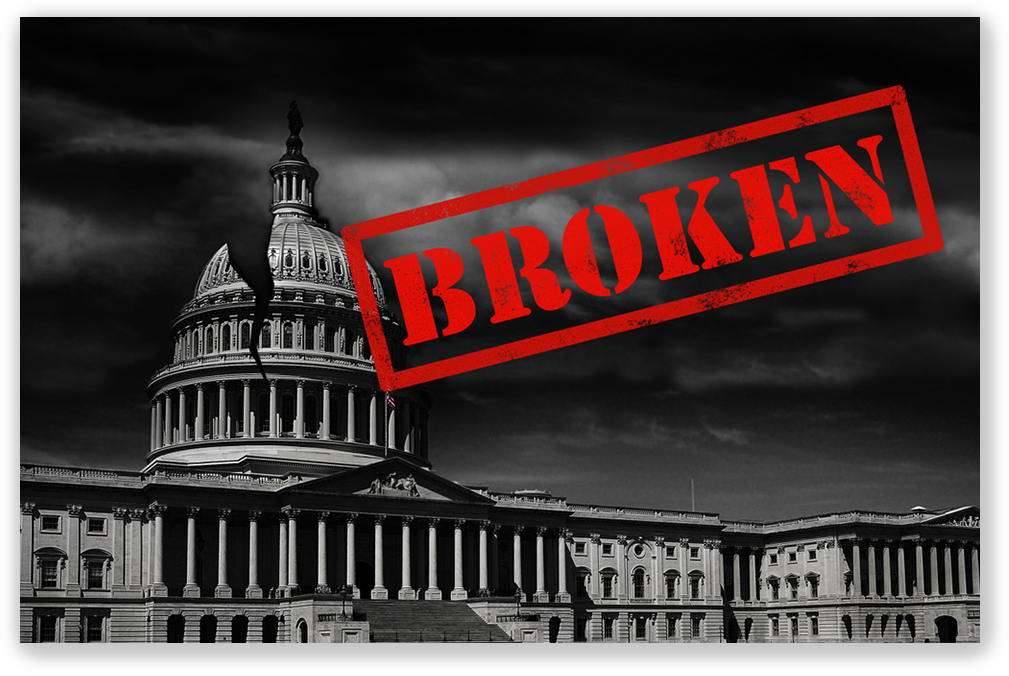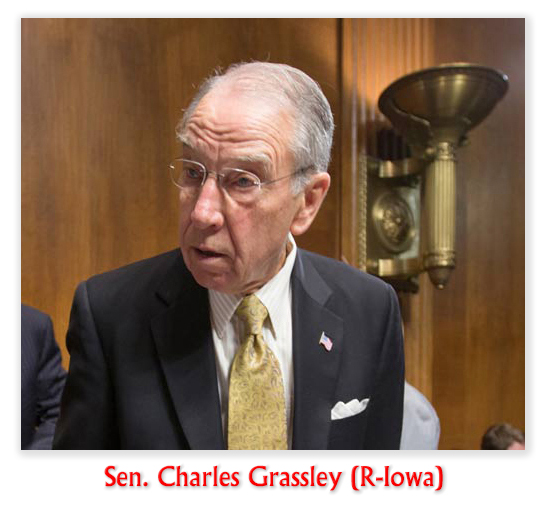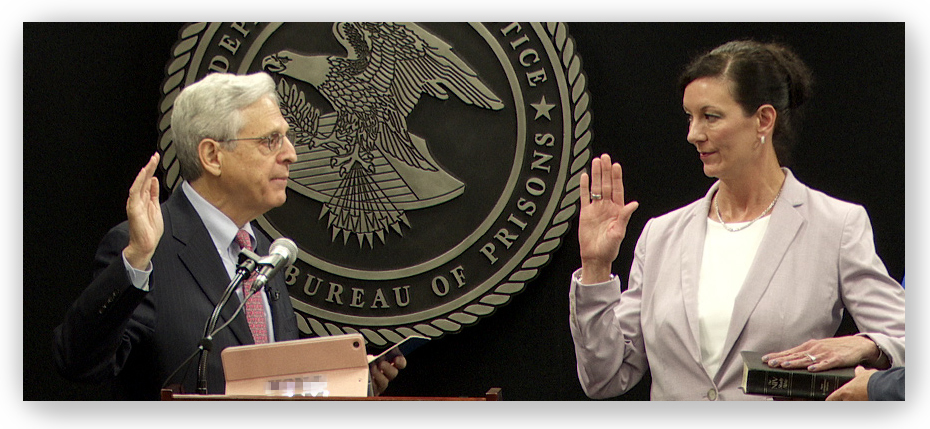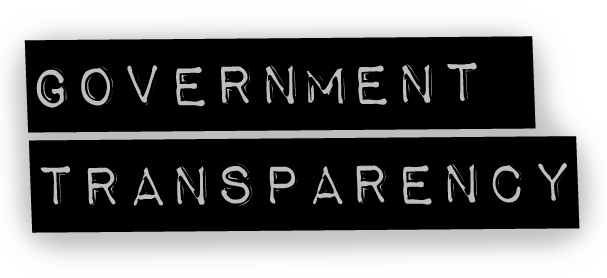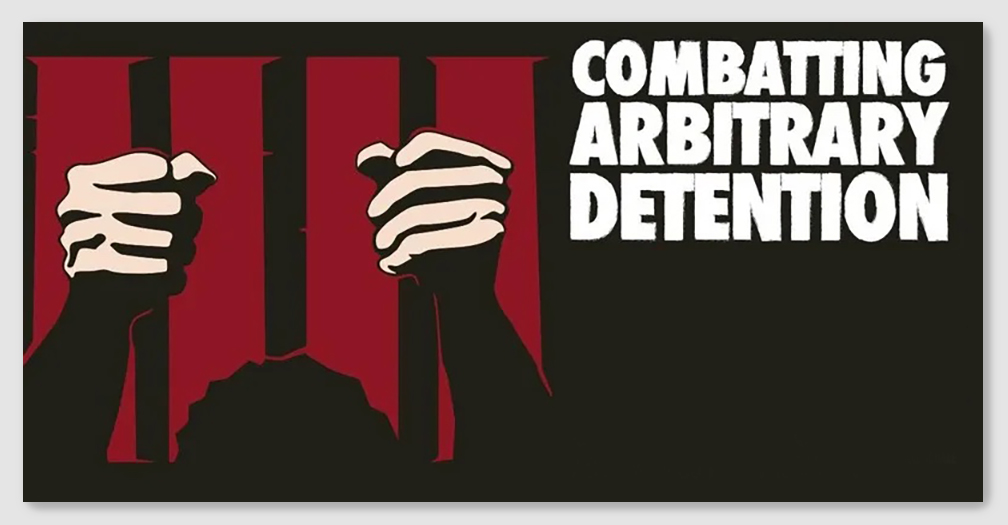We post news and comment on federal criminal justice issues, focused primarily on trial and post-conviction matters, legislative initiatives, and sentencing issues.

FORMER BOP DIRECTOR GETS SENATORIAL KICK IN THE PANTS ON HIS WAY OUT THE DOOR
Widespread drug abuse, substandard health care, violence and horrific sanitary conditions are rampant at USP Atlanta, according to a Senate Permanent Investigations Subcommittee investigation revealed last week.
 The dysfunction at USP Atlanta is so notorious within the BOP that “its culture of indifference and mismanagement is derisively known among bureau employees as ‘the Atlanta way’,” the New York Times reported last week. Witnesses at the Subcommittee hearing last week “describe[ed] dozens of violent episodes — and the systematic effort to downplay and cover up the crisis — over the past few years,” The Times reported.
The dysfunction at USP Atlanta is so notorious within the BOP that “its culture of indifference and mismanagement is derisively known among bureau employees as ‘the Atlanta way’,” the New York Times reported last week. Witnesses at the Subcommittee hearing last week “describe[ed] dozens of violent episodes — and the systematic effort to downplay and cover up the crisis — over the past few years,” The Times reported.
The prison’s conditions reflect wider problems in the BOP’s network of 122 facilities housing about 158,000 inmates, The Times said. The system has suffered from chronic overcrowding, staffing shortages, corruption, sexual violence and a culture that often encourages senior officials to minimize the extent of the problems.
The Associated Press reported that outgoing BOP Director Michael Carvajal, who testified under a Subcommittee subpoena, “faced a bipartisan onslaught Tuesday as he refused to accept responsibility for a culture of corruption and misconduct that has plagued his agency for years.”
 Carvajal argued that “he had been shielded from problems by his underlings — even though he’d been copied on emails, and some of the troubles were detailed in reports generated by the agency’s headquarters.” He blamed the size and structure of the BOP for his ignorance on issues such as inmate suicides, sexual abuse, and the free flow of drugs, weapons and other contraband that has roiled some of the BOP’s 122 facilities. His attempts to deflect responsibility for his leadership failings sat well with neither Subcommittee chairman Sen Jon Ossoff (D-GA) nor its ranking member, Sen Ron Johnson (R-WI).
Carvajal argued that “he had been shielded from problems by his underlings — even though he’d been copied on emails, and some of the troubles were detailed in reports generated by the agency’s headquarters.” He blamed the size and structure of the BOP for his ignorance on issues such as inmate suicides, sexual abuse, and the free flow of drugs, weapons and other contraband that has roiled some of the BOP’s 122 facilities. His attempts to deflect responsibility for his leadership failings sat well with neither Subcommittee chairman Sen Jon Ossoff (D-GA) nor its ranking member, Sen Ron Johnson (R-WI).
Colette S. Peters, the longtime head of Oregon prisons, assumes the BOP director’s post on Tuesday. Carvajal finally will get the retirement he announced seven months ago, but not before the Subcommittee made it clear that it was fed up with his blandishments.
“Inmates hanging themselves in federal prisons, addicted to and high on drugs that flow into the facilities virtually openly,” Ossoff told Carvajal, “and as they hang and suffocate in the custody of the US government, there’s no urgent response from members of the staff, year after year after year… It’s a disgrace. And for the answer to be ‘other people deal with that. I got the report. I don’t remember’. It’s completely unacceptable.”
“It’s almost willful ignorance, and that’s what I find disturbing,” Johnson said. “‘Don’t want to know what’s happening below me. Don’t want to hear about rapes. Don’t want to hear about suicides’.”
 In one of the hearing’s most heated moments, Ossoff pressed Carvajal on rampant sexual abuse at FCI Dublin, a federal women’s prison in California’s Bay Area known to staff and inmates as the “rape club.” Among the Dublin employees charged criminally so far is the prison’s former warden.
In one of the hearing’s most heated moments, Ossoff pressed Carvajal on rampant sexual abuse at FCI Dublin, a federal women’s prison in California’s Bay Area known to staff and inmates as the “rape club.” Among the Dublin employees charged criminally so far is the prison’s former warden.
“Is the Bureau of Prisons able to keep female detainees safe from sexual abuse by staff?” Ossoff asked. “Yes or no?”
“Yes, we are,” Carvajal replied. “In those cases when things happen, we hold people appropriately accountable.”
“You are the director at a time when one of your prisons is known to staff and inmates as a ’rape club,” Ossoff shot back. Carvajal had no response.
Rebecca Shepard, a staff attorney for the Federal Defender Program Inc., said USP Atlanta subjects inmates to inhumane and substandard conditions:
I have seen clients routinely locked down and allowed out of their cells for extremely limited periods of time, such as only 15 to 30 minutes, three to four times a week, or only an hour each day. And these lockdowns persist for months. Clients are treated as though they are in solitary confinement, not because of their behavior, but because of their misfortune and being placed at USP Atlanta.
The problems were “stunning failures of federal prison administration,” Ossoff said. But despite “unequivocal internal reports of abuse and misconduct, the situation continued to deteriorate.”
 Attorney General Merrick Garland appears to be moving more decisively, especially on the issue of sexual violence against female inmates and staff members. On July 14, Deputy Attorney General Lisa Monaco announced a task force to establish a policy aimed at “rooting out and preventing sexual misconduct” by prison employees over the next 90 days. Ms. Monaco said she was also instructing frontline prosecutors to make all misconduct cases at facilities a top priority, The New York Times said.
Attorney General Merrick Garland appears to be moving more decisively, especially on the issue of sexual violence against female inmates and staff members. On July 14, Deputy Attorney General Lisa Monaco announced a task force to establish a policy aimed at “rooting out and preventing sexual misconduct” by prison employees over the next 90 days. Ms. Monaco said she was also instructing frontline prosecutors to make all misconduct cases at facilities a top priority, The New York Times said.
Last week, Forbes reported that Peters will take over an agency in disarray:
Relations between management and labor is at an all-time low, the agency is failing at implementing the First Step Act and COVID-19 continues to ravage its institutions. A recent survey by Partnership for Public Service, which ranks best places to work within the US government, ranked the BOP near last among 432 federal agencies. It ranked dead last in Effective Leadership category. This comes at a time when the BOP is trying to recruit new workers to make up for many veteran BOP employees who are leaving the agency.
 Hyperbole? Well, just last week:
Hyperbole? Well, just last week:
• An independent arbitrator found the management at the Bureau of Prisons Federal Correctional Center Yazoo City in Mississippi guilty of violating the civil rights of the American Federation of Government Employees’ (AFGE) local President Cyndee Price at the facility, as well as retaliating against her in violation of the union contract.
In 2020, Price was the first Black woman elected to serve as the local union president at any Federal Correctional Complex in the nation. But after that, the arbitrator ruled, prison wardens prohibited Price from using 100% official time to perform her union work, although previous Local President Vincent Kirksey had been granted 100% official time for the past seven years, and male local presidents at other BOP facilities also are on 100% official time.
Bankston ordered the agency to pay Price overtime pay for the 1,080 hours of union work she performed on her own time that should have been performed during duty hours under the approved contract and past practice. Price was also awarded $300,000 in compensatory damages, as well as attorney’s fees and expenses.
• A former BOP employee from FMC Lexington was sentenced last Friday to 80 months in federal prison after pleading guilty to committing five counts of sexual abuse of a ward. The employee, Hosea Lee, was a correctional officer serving as a drug treatment specialist. Between August and December 2019, Lee engaged in sexual acts with four separate female inmates who were in his drug classes.
• A Mississippi woman, Tarshuana Thomas, was arrested Monday after being indicted by a federal grand jury for alleged fraud involving federal COVID-19 Paycheck Protection Program loans. The US Attorney said Thomas, who worked as a CO at FCC Yazoo City at the time of the alleged fraud, devised a scheme to obtain PPP funds by filing fraudulent loan applications.
The Atlanta Voice, Senator Ossoff grills Federal prison officials over deplorable conditions at Atlanta Penitentiary (July 28, 2022)
The New York Times, Prison Personnel Describe Horrific Conditions, and Cover-Up, at Atlanta Prison (July 26, 2022)
Forbes, Outgoing Federal Bureau Of Prisons Director Carvajal Subpoenaed By Senate Subcommittee (Jul 19)
WRDW-TV, Ossoff leads hearing on troubled Georgia federal prison (July 26, 2022)
WJTV, Arbitrator finds Yazoo County federal prison guilty of violating civil rights (July 26, 2022)
Dept of Justice, Former BOP Employee Sentenced to 80 Months in Prison for Sexual Abuse of a Ward (July 29, 2022)
Mageenews.com, Former BOP Correctional Officer Charged with COVID-Relief Fraud (July 29, 2022)
– Thomas L. Root


 Any bill that was pending but not passed when the last Congress ended died on January 2. This included the EQUAL Act, a bill that would have equalized the penalties for crack and powder cocaine. EQUAL passed the House last session, but while declaring its support for the measure, Senate leadership (and I’m talking about Sen. Charles Schumer [D-NY], Senate majority leader) inexplicably failed to bring EQUAL to a vote.
Any bill that was pending but not passed when the last Congress ended died on January 2. This included the EQUAL Act, a bill that would have equalized the penalties for crack and powder cocaine. EQUAL passed the House last session, but while declaring its support for the measure, Senate leadership (and I’m talking about Sen. Charles Schumer [D-NY], Senate majority leader) inexplicably failed to bring EQUAL to a vote.



 Of all the criminal justice reform bills in Congress – the
Of all the criminal justice reform bills in Congress – the 
